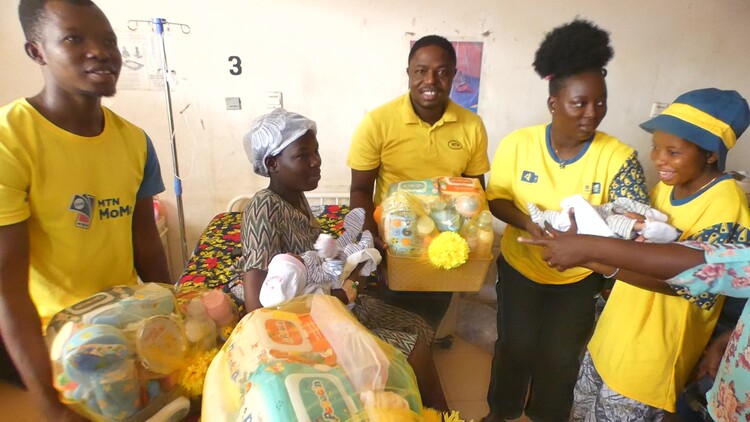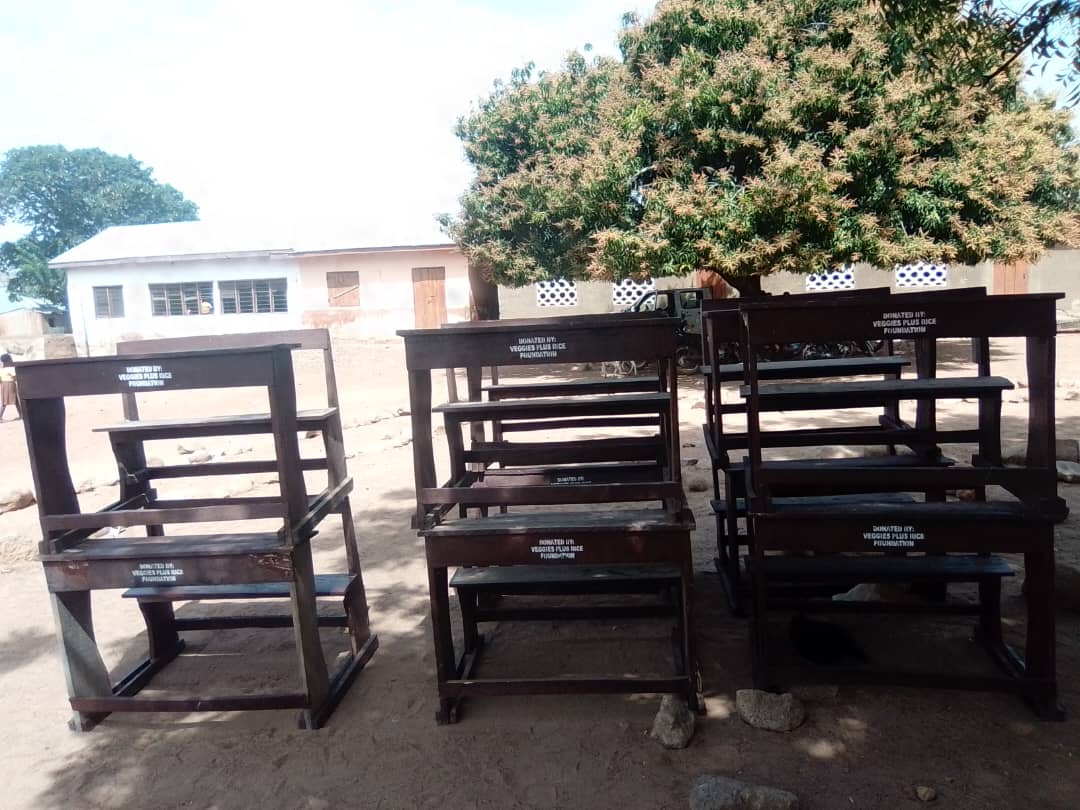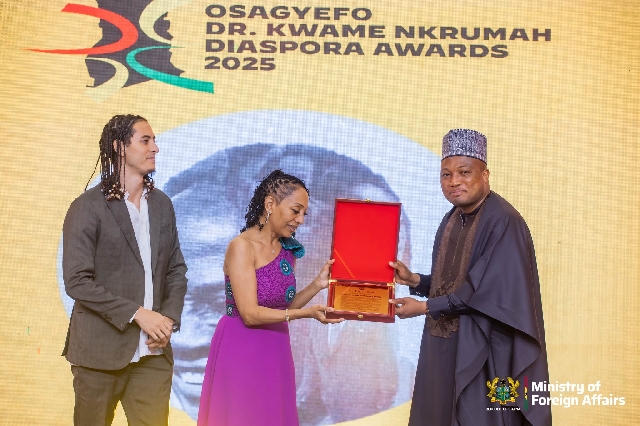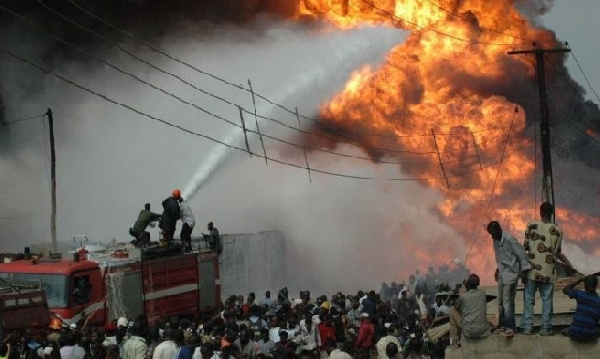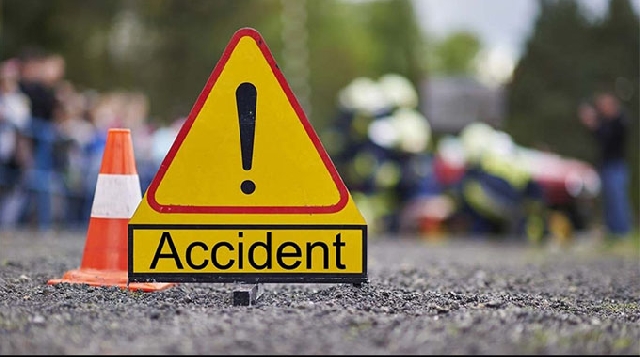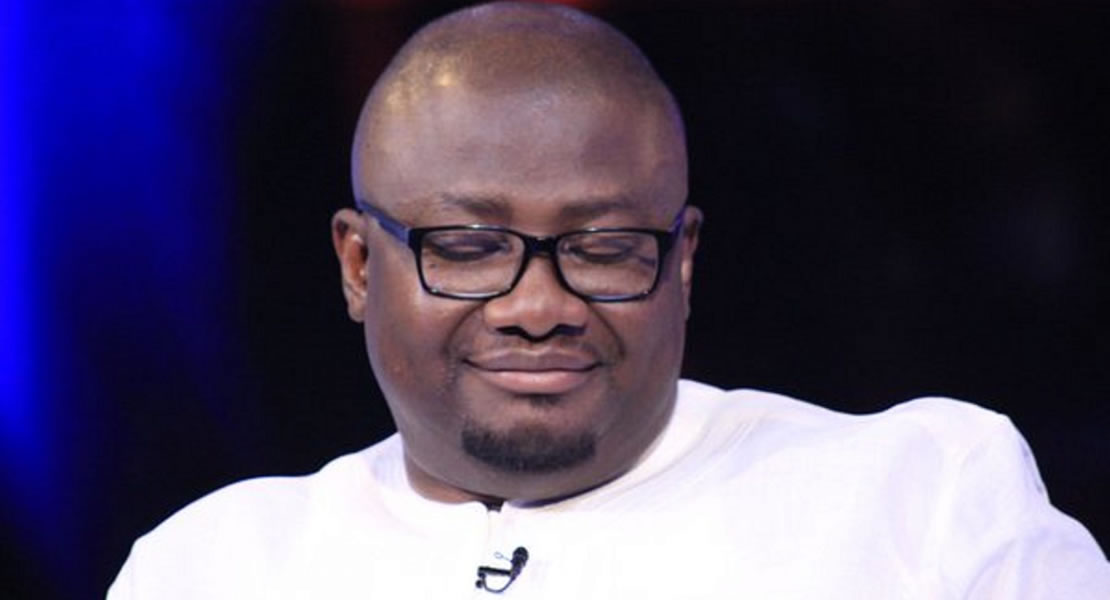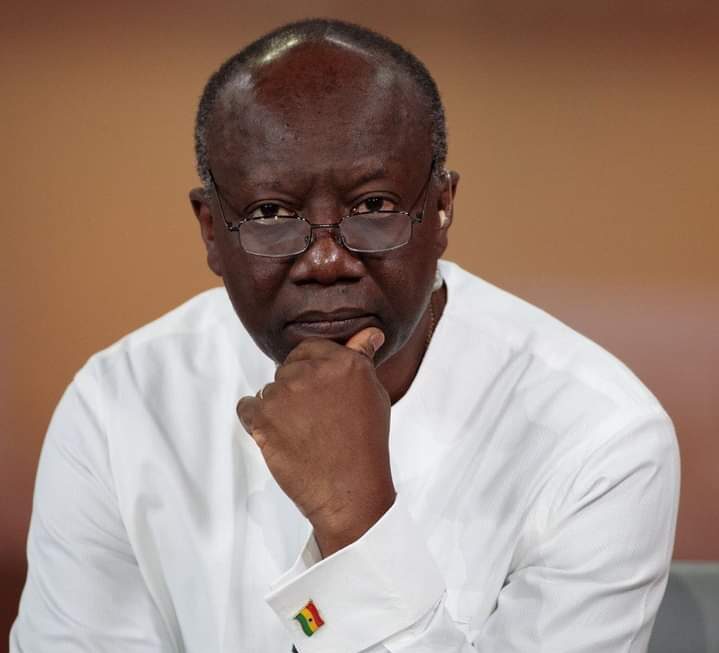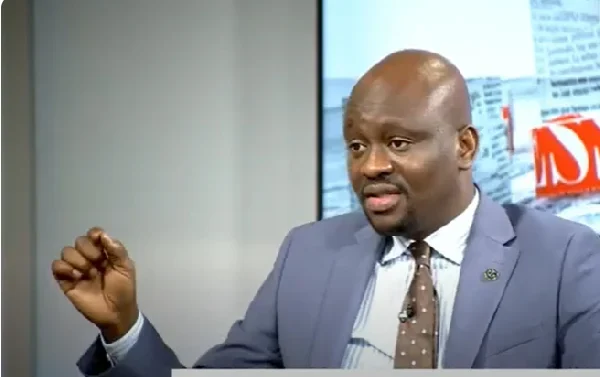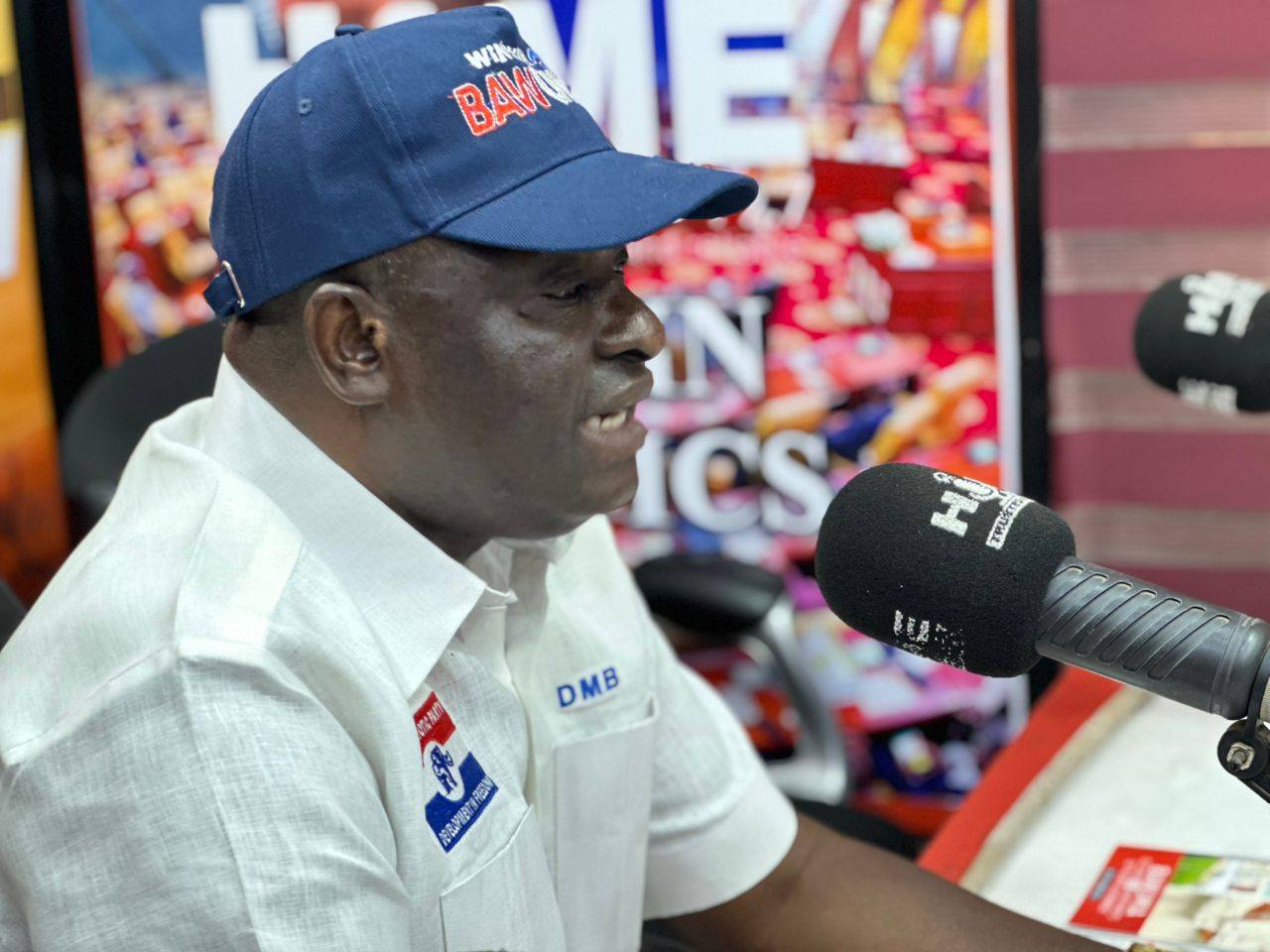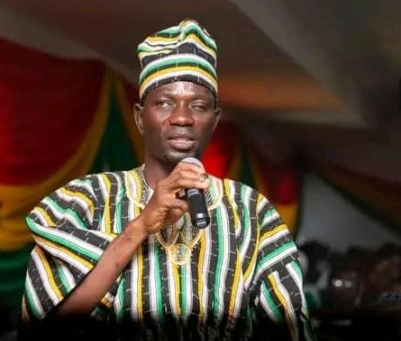Disability advocacy plays a crucial role in creating inclusive and accessible communities. The Ghana Federation of Disability Organizations (GFD) champions the rights of persons with disabilities (PWDs), advocating for equality in all aspects of life. Apexnewsgh reports
In the Upper East Region, challenges faced by PWDs are widespread, from poor infrastructure to limited access to education and healthcare. Akubire Mark Atia Ismael, the regional president of GFD, in his press release has made clear how crucial it is for the government to step up support and put policies into action that truly uplift PWDs. This article explores why disability inclusion matters for regional growth and details the specific requests from Ismael to improve PWDs’ lives.
Including persons with disabilities in regional plans boosts community growth. When PWDs can work, learn, and access services freely, everyone benefits. In Upper East, data shows that PWDs often have lower employment rates, and many live below the poverty line. Supporting their inclusion helps increase income and reduces social gaps. When communities embrace diversity and accessibility, local economies thrive.
Take, for example, regions in Ghana and neighboring countries. Places that have invested in accessible schools and workplaces saw more employment for PWDs. These regions also gained stronger, more united communities. When PWDs contribute through work or skills, they add value to society, just like any other group.
PWDs face numerous hurdles that block their path to equality.
Accessibility issues: Most public buildings and transportation are not equipped for wheelchairs or visually impaired individuals. This lack of infrastructure limits their independence.
Healthcare barriers: Many PWDs can’t access specialized medical services or rehabilitation centers. This gap leads to worsening health conditions.
Educational obstacles: Schools lack the resources or inclusive policies to support children with disabilities. As a result, many children stay out of school or receive subpar education.
These challenges keep PWDs from fully participating in society and reaching their potential. The government must address these barriers for genuine progress.
One major concern is the lack of financial support. Ismael calls for more funding dedicated to disability programs. This would cover assistive devices, like wheelchairs or hearing aids, plus rehabilitation and skills training. Sustainable funding ensures these programs keep running long-term, not just as short-term projects.
Some regions worldwide have successfully used targeted grants and international aid to boost disability support. Ghana can learn from such models by creating clear budgets that prioritize PWD programs, making sure funds reach those who need them most.
Making public spaces accessible is critical. This means constructing buildings with ramps, lifts, and clear signage. Renovating existing facilities with universal design standards can greatly reduce barriers.
Better transport options are also key accessible buses or shared taxis allow PWDs to move around freely. When urban planning includes accessibility in all new projects, PWDs gain the freedom to participate fully in daily activities.
Healthcare needs urgent attention. Establishing specialized health units for PWDs improves diagnosis, treatment, and support. Inclusive education is just as vital. Schools should adopt policies and train teachers to cater to children with disabilities.
Partnering with NGOs and international organizations can boost resources and expertise. These collaborations will help deliver quality services and inclusive learning environments.
Current laws protecting PWDs must be enforced better. Strengthening legislation ensures PWDs are recognized and protected legally. New policies should promote employment and social inclusion, making sure PWDs can access opportunities.
It’s essential to establish monitoring systems. Regular checks will verify if policies work and help identify gaps. This accountability ensures ongoing progress.
Changing attitudes is perhaps the biggest challenge. Campaigns that promote understanding and reduce stigma are needed. Employers and service providers should receive training on disability inclusion.
Working with local leaders and communities creates a culture of acceptance. When everyone understands and values diversity, social barriers begin to fall.
Creating lasting change requires everyone working together. Involving PWDs and advocacy groups in policymaking ensures their voices are heard. Collaboration among government agencies, private companies, and non-profits will foster innovative solutions.
Ghana has seen success with joint initiatives where all sectors contribute. These efforts prove that teamwork leads to better outcomes.
Setting clear goals makes tracking progress easier. Establishing measurable targets and regularly reviewing results keeps programs on track. Feedback from PWDs helps refine policies and services.
Using data helps allocate resources efficiently, ensuring that efforts actually meet needs.
Government: Focus on increasing budgets for disability rights and reform policies.
NGOs & Community Groups: Raise awareness and improve local support services.
PWDs & Families: Stay informed about available resources and participate in decision-making processes.
Both individuals and organizations play a part in fostering an inclusive society.
Meanwhile, the recent appeals by Akubire Mark Atia Ismael highlight how much work remains to support PWDs effectively. Prioritizing funding, accessibility, healthcare, education, and legal reforms creates a path toward true inclusion. When the government acts swiftly and continues to listen, the Upper East Region can become a leader in disability support.
He believes the key is consistent effort and strong partnerships. “Together, we can build communities where everyone has equal chances to thrive. It’s time to turn these key requests into actions that transform lives”. The future of the Upper East Region depends on how well we support persons with disabilities today. He stressed
Source: Apexnewsgh.com/Ngamegbulam Chidozie Stephen

